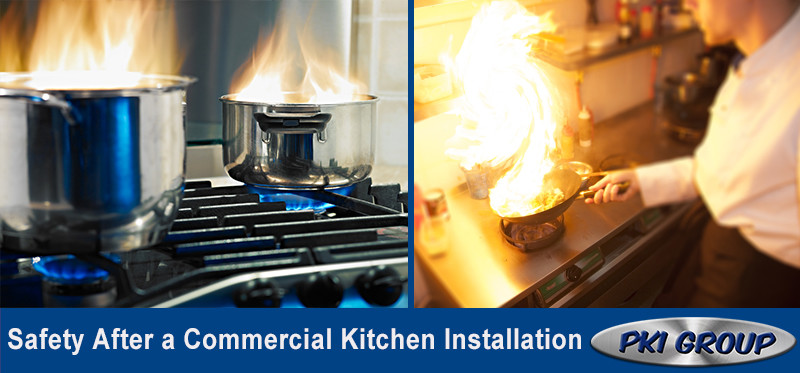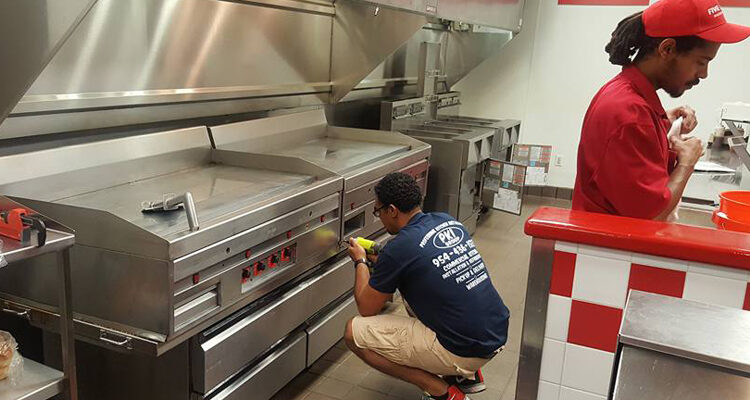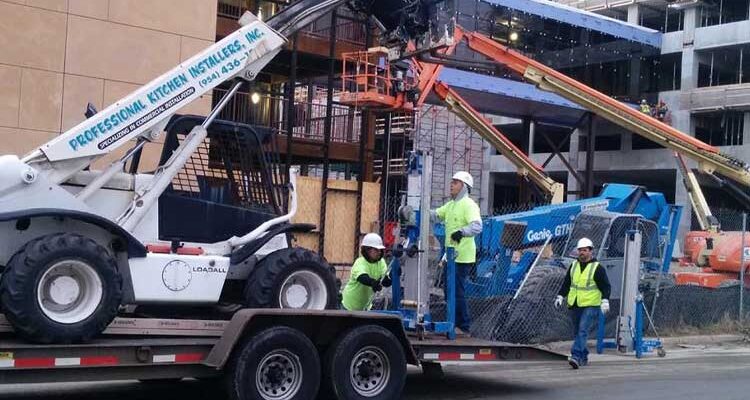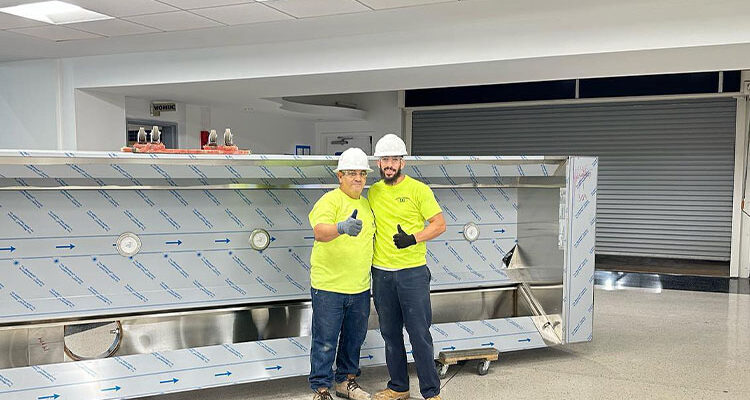After a successful commercial kitchen installation, your business is up and running and ready to operate and open the doors to public. The PKI Group has the experience of thousands of commercial kitchen installations and has some tips to make sure your employees work in a safe environment and that your customers received the best quality food and beverage.
Continue reading “Safety After Commercial Kitchen Installations”




